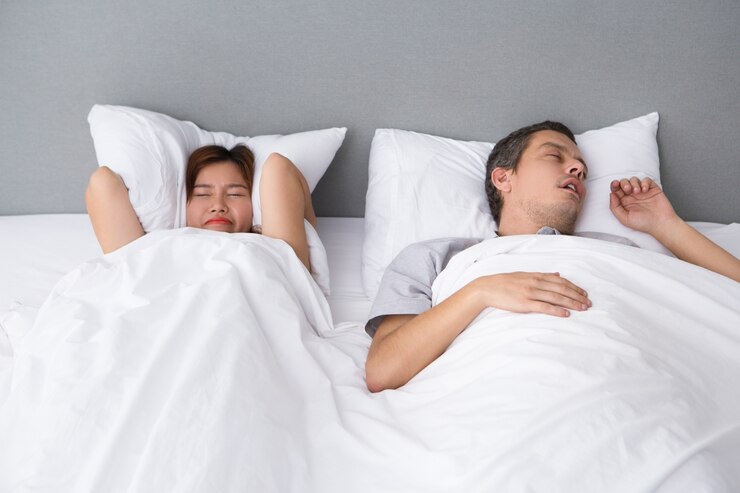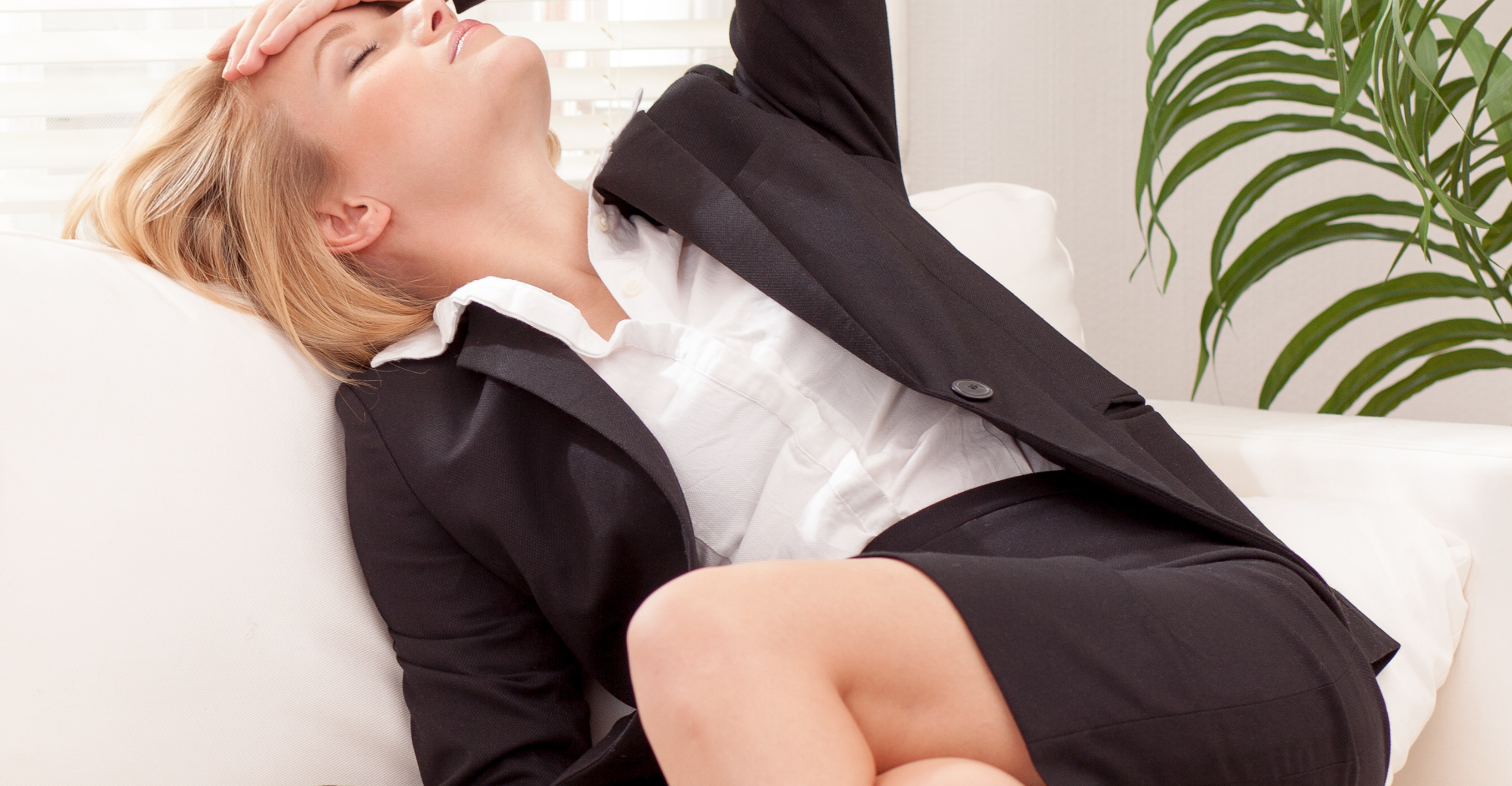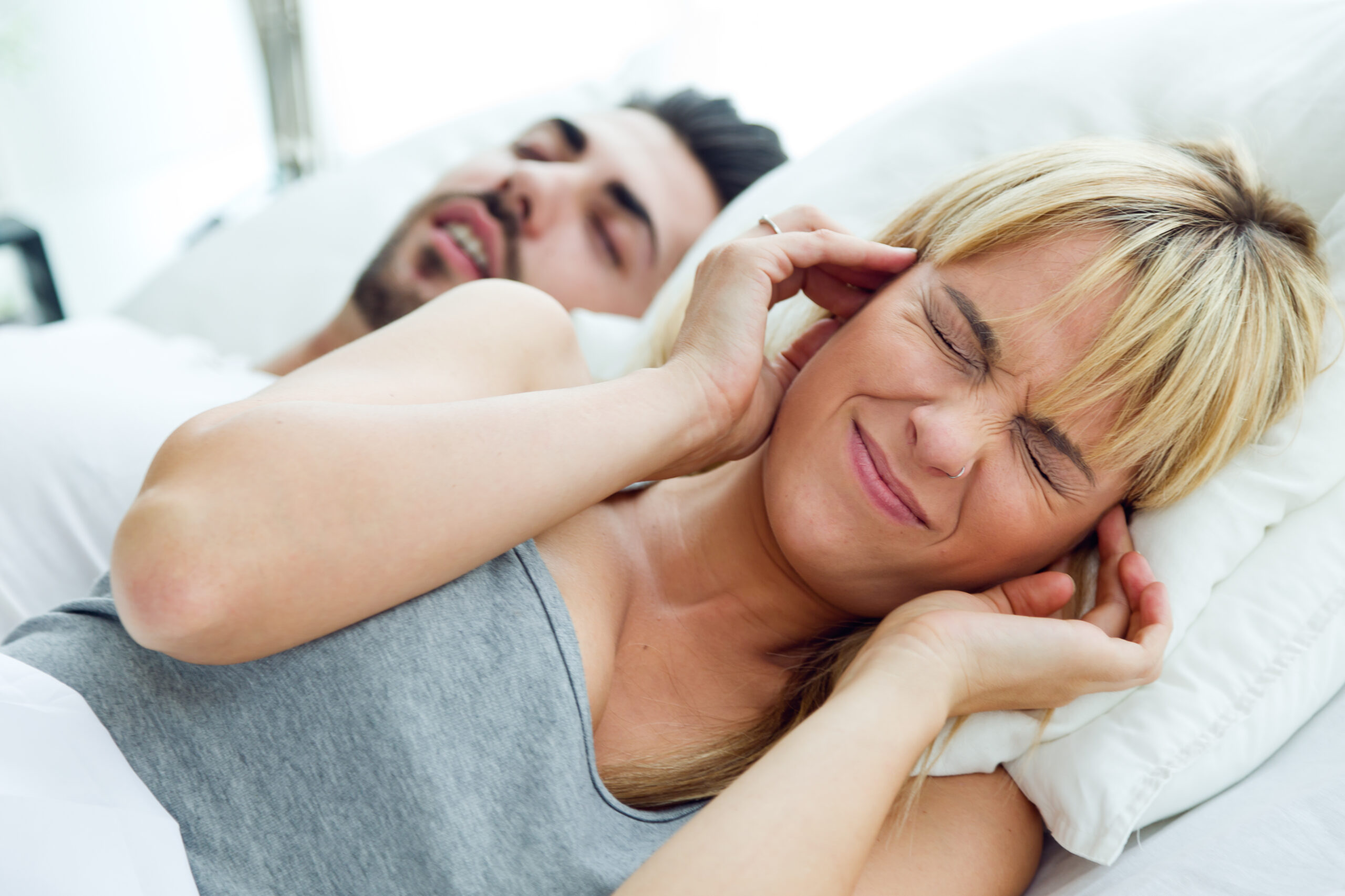For individuals with obstructive sleep apnea (OSA) or other sleep-related breathing disorders, continuous positive airway pressure (CPAP) therapy has long been considered the gold standard for treatment. However, CPAP therapy is not always well-tolerated by patients due to factors such as discomfort, mask leakage, noise, and claustrophobia. Fortunately, there are several alternative treatments and lifestyle modifications available that can provide relief and improve sleep quality without relying on CPAP. Let’s explore some CPAP alternatives that offer comfort and effectiveness for a restful night’s sleep.
- Oral Appliance Therapy: Oral appliances, also known as mandibular advancement devices (MADs) or dental splints, are custom-fitted devices worn in the mouth during sleep to reposition the jaw and tongue, thereby opening the airway and reducing airway obstruction. Unlike CPAP masks, oral appliances are compact, portable, and less intrusive, making them a more comfortable option for many patients. Additionally, oral appliances are silent and do not require electricity or tubing, offering greater flexibility and convenience for travel.
- Positional Therapy: Positional therapy involves training patients to sleep in positions that minimize airway obstruction and reduce the frequency of sleep apnea episodes. For individuals with positional OSA, in which apnea events primarily occur when sleeping on their backs, simple techniques such as using specialized pillows, positional alarms, or wearing a backpack-like device can help encourage side sleeping and improve breathing during sleep. While positional therapy may not be suitable for all patients, it can be an effective CPAP alternative for those with mild to moderate OSA.
- Weight Management: Obesity is a significant risk factor for sleep apnea, as excess weight can contribute to airway obstruction and breathing difficulties during sleep. Losing weight through diet and exercise can help reduce the severity of sleep apnea and improve overall sleep quality. Even modest weight loss can lead to significant improvements in OSA symptoms and may reduce or eliminate the need for CPAP therapy in some cases. Working with a healthcare provider or registered dietitian to develop a personalized weight management plan can be beneficial for individuals with sleep apnea.
- Upper Airway Surgery: For patients with severe OSA or anatomical abnormalities causing airway obstruction, surgical interventions may be considered as a CPAP alternative. Upper airway surgeries, such as uvulopalatopharyngoplasty (UPPP), tonsillectomy, or septoplasty, aim to remove or reshape tissues in the throat or nasal passages to improve airflow and reduce obstruction during sleep. While surgery is generally reserved for patients who have not responded to other treatments or have specific anatomical issues contributing to sleep apnea, it can be an effective option for select individuals.
- Nasal Expiratory Positive Airway Pressure (EPAP) Devices: Nasal EPAP devices, such as Provent Therapy, utilize small, disposable valves placed over the nostrils to create expiratory resistance, increasing pressure in the airway and preventing collapse during sleep. Unlike CPAP, which delivers continuous positive airway pressure, EPAP devices rely on the patient’s own breathing to maintain airway patency, making them quieter and less intrusive. Nasal EPAP devices are suitable for individuals with mild to moderate OSA or as an adjunct therapy for those unable to tolerate CPAP.
- Lifestyle Modifications: In addition to specific treatment modalities, certain lifestyle modifications can help alleviate symptoms of sleep apnea and improve sleep quality. These may include avoiding alcohol and sedatives before bedtime, quitting smoking, establishing a regular sleep schedule, practicing good sleep hygiene, and maintaining a healthy weight. Adopting these healthy habits can complement other CPAP alternatives and contribute to better overall sleep health.
Meanwhile CPAP therapy remains a highly effective treatment for obstructive sleep apnea, it may not be the most suitable option for all patients due to various factors such as comfort, adherence, and lifestyle preferences. Fortunately, there are several CPAP alternatives available that can provide relief and improve sleep quality without the need for continuous positive airway pressure. By exploring alternative treatments, making lifestyle modifications, and working closely with healthcare providers, individuals with sleep apnea can find comfort in sleep and enjoy restful nights for optimal health and well-being.



